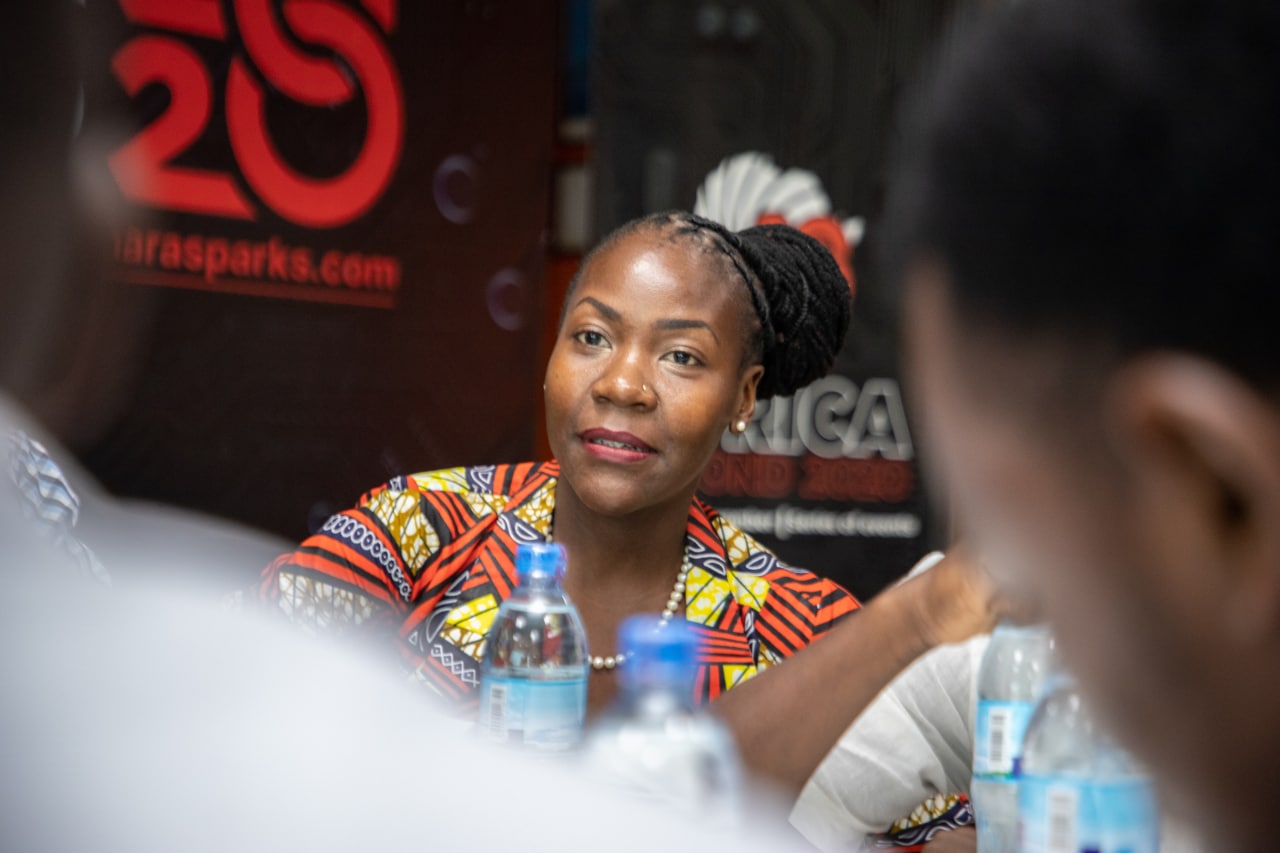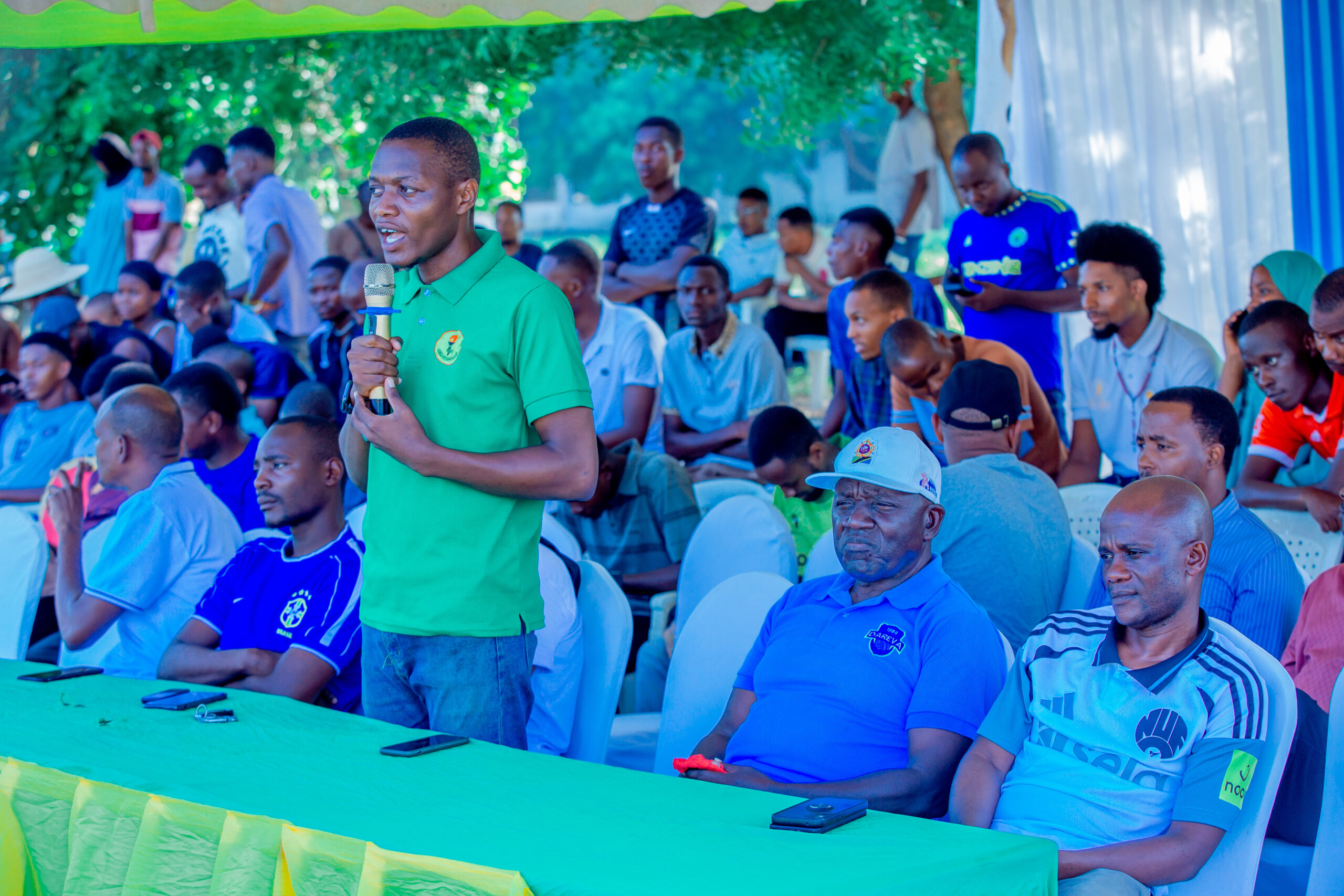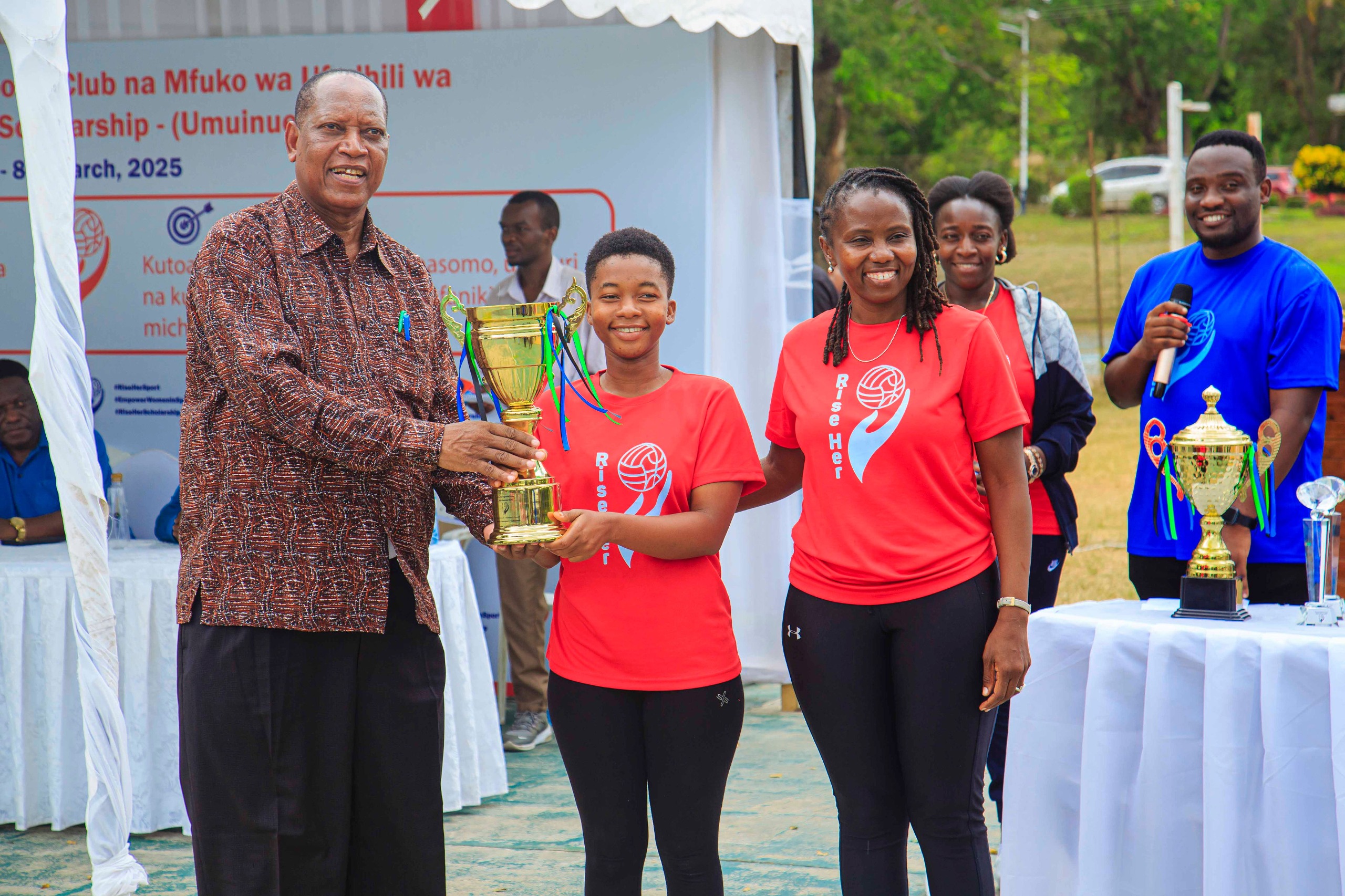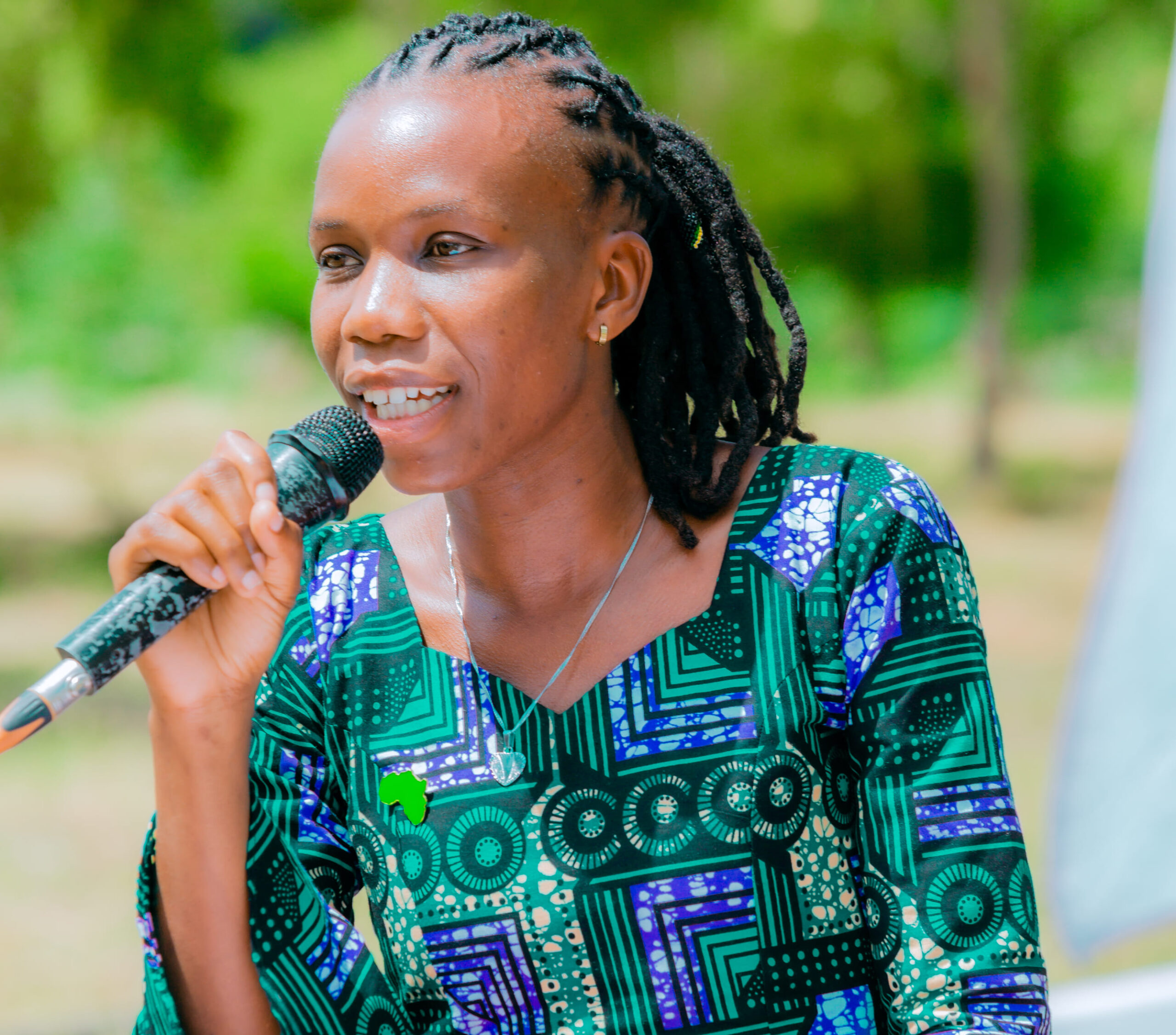“Diming your light does nobody a favor. Additionally, we need the female perspective in every field and every product,” said Dr. Mboni when speaking about breaking the bias in STEM – Science, Technology, Engineering, and Mathematics.
Over the years, women have not been very active and in fact it could even be concluded that there is a shortage of women professionals in STEM, which stands for Science Technology Engineering and Mathematics.
According to UNESCO, only one third of STEM students in higher education are women. And only 3% of them choose ICT studies. Locally, out of the 40% of women enrolling in university in Tanzania, only 24% enroll in science, engineering, and technology fields.
Even though women have great potential for the STEM fields, the gender gap and the gender bias continue to blur their names and discourage their pursuits in those fields.
In this year’s international women’s month, we conducted an interview with some of the accomplished women from different fields, and one of which is Dr. Mboni Kibelloh (Ph.D.); a lecturer at Kampala International University in Tanzania, as well as the founder of “Darasa Tech”, a platform that aims to uplift youth, especially women, in the STEM fields.
Dr. Mboni Kibelloh has a Ph.D. in Management Information Systems; an MBA in Information Technology; and a BA in International Business & BCA (Computer Applications). She is among women who are fighting to close the gender gap and break gender bias in the STEM fields in Tanzania.
Being a Ph.D. holder, she traces the beginning of her journey in the tech field to research she performed that detailed the relevance and contribution of women in decision-making within the STEM fields. The findings of that research were enough to motivate her to pursue a career in technology.
In her research, she says,
“I also found out that in the tech field, women’s opinions absolutely count. Their perspective would inform what kind of designs should be made, how to run projects, and how to make products that were appealing to that market. Because for the longest, products were made for males. So, when I found out that, I knew that I had a place in the tech industry. And I had a role to play to make sure that I was helping lift other women in the tech industry. It’s something I don’t think I’ll get out of. I’d like to stay as long as possible to see how I can help lift other people as well.”
She eventually founded Darasa Tech; a platform for the non-conventional kind of education which creates a space for learners (especially young girls) to feel it’s okay not to know tech, and jump right in and start from ground zero.
She Codes for Change and Girls in Tech Tanzania are organizations that are also in the race of narrowing the gender gap in the STEM fields in Tanzania. According to experts at She Codes for Change, many girls feel that tech is hard, or worse enough, they believe it’s “for the boys”.
And a huge percent of girls considers computer or tech-related careers not for them. Part of the mission of these organizations, inclusive of Darasa Tech, is to educate, empower and expose young girls to technology and inspire them to pursue a career in the STEM fields despite the challenges they face in society.
By interacting with her students at Darasa Tech, Dr. Kibelloh also noticed that the number of girls who enroll in computing programs is not as high as the number of boys. She discovered that females who end up enrolling are often very timid and very shy. They are not confident to share their ideas. They like to stay in the corner, group amongst fellow girls, and never want to raise their hands to speak.
To help them, she says
“I make it my business to reach out and inspire these ideas out of them in a manner I present the learnings and teachings. I would make sure that there is no session that goes by that no one contributes. And I would especially pick on the girls to make sure that they use that platform to practice pitching and share their ideas and communicate with their fellows…”
Even though the girls are as good as the boys, Dr. Kibelloh explained that they somehow feel that they are not good enough. But through Darasa Tech, she reinforces something within them, rewires their brain, and builds their confidence.
“With girls, I know there’s that fear that I can’t program. I can’t code. But programming is not the only thing about tech. There’s so much more. And if programming is not your forte, it is okay. You can be a Ux designer, graphics person, tester, or researcher. There’s room for everybody.”
Her advice to her fellow educators is that they should approach their work beyond the usual teaching. As they teach, she says that all educators should have the agenda of molding the mindsets of their students; showing girls possibilities rather than just what the curriculum teaches.
To the government, she advises that there should be an establishment of hubs and computers across the country just like how libraries work, where you go in, read a book, enjoy it, and go out. And that students should not wait until they reach university to be exposed to computers.
“Just like how you’d find books in libraries and read, can we go to hubs and find computers, and just play around and go home. Let us not find these computers when we get to universities. And then all of a sudden you have to learn the courses. Can we play around with these gadgets before?”
Dr. Dr. Mboni Kibelloh, founder of Darasa Tech.
We need more women in these fields. The world is moving fast, and men can’t satisfy all the needs that arise within these fields. Technologies such as Artificial intelligence (AI) and machine learning, Metaverse, Blockchain technology, and 5G technology are proof of how fast the world is currently moving
As a woman, you have a wide choice of careers in the STEM fields. Whether you want to become a Physician, a software developer, a data scientist, a Statistician, or a UX designer. There’s no limit to what you can do. Don’t let yourself or society hold you back.
Source:
HEBO Consult
#Innovationineverything








